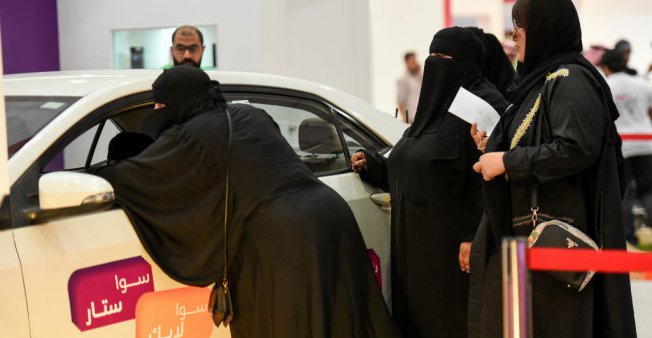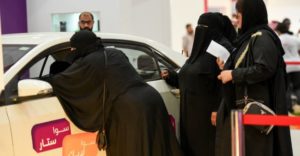
The decision to end a decades-old ban on women driving cars has been hailed as proof of a new progressive trend under reform-minded Crown Prince Mohammed bin Salman, but has been accompanied by a crackdown on dissent.

Amnesty International and Human Rights Watch called on the authorities to release the detainees, identifying six of them as Eman al-Nafjan, Lujain al-Hathloul, Aziz al-Yousef, Aisha al-Manea, Ibrahim Modeimigh and Mohammed al-Rabea. Some are women, and others are men who have campaigned for women’s rights.
Authorities said in an overnight statement that they were still identifying others allegedly involved in activities that “encroach on religious and national constants”, and fellow activists said others had been arrested but the total number was not immediately clear.
“It appears the only ‘crime’ these activists committed was wanting women to drive before Mohammed bin Salman did,” said Sarah Leah Whitson, Middle East director at Human Rights Watch.
Women will be allowed to drive starting on June 24. Activists and analysts say, however, that the government is keen to avoid rewarding activism, which is forbidden in the absolute monarchy. The authorities also may aim to avoid antagonising the sensitivities of religious conservatives opposed to modernisation.
The government statement said seven people had been arrested for suspicious contacts with foreign entities and offering financial support to enemies overseas, without elaborating.
A state security spokesman did not identify the detainees, but online news site Sabq, seen as close to the authorities, linked them to the arrests of the women’s rights activists.
